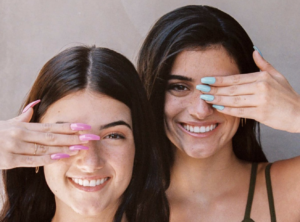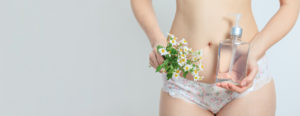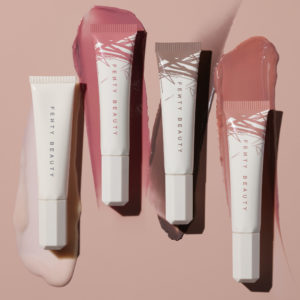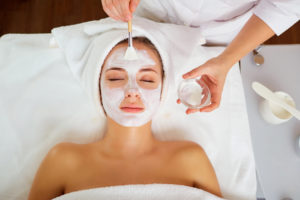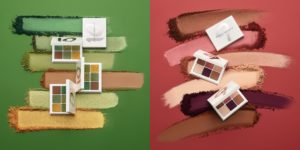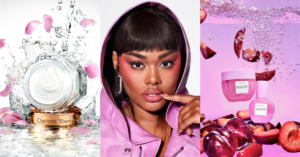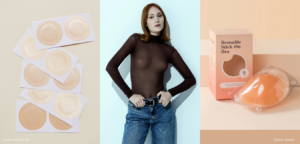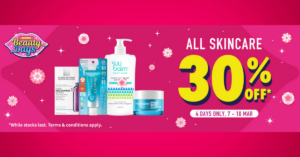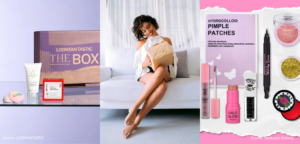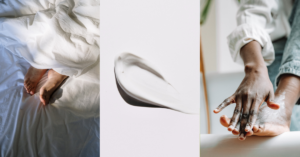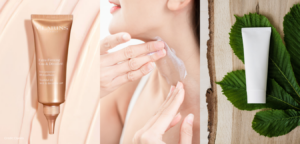Tips
8 Every Day Habits that Ruin Your Teeth (#8 is SHOCKING)
You brush your teeth, floss, and see your dentist regularly. Think that’s enough to take care of your teeth? Wrong!...
By: Dedet Panabi / August 2, 2020
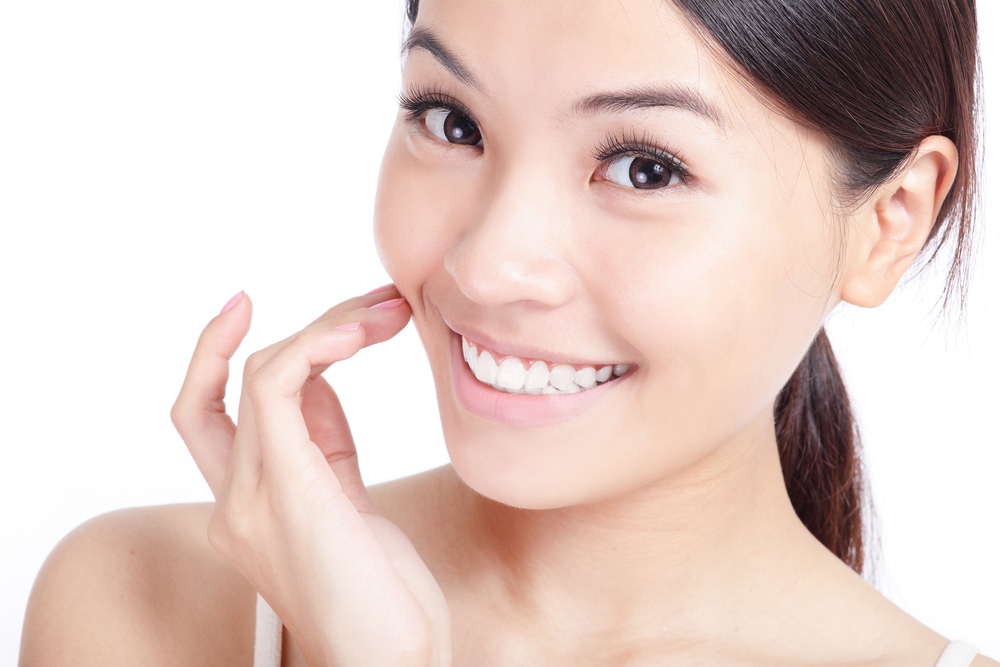
You brush your teeth, floss, and see your dentist regularly. Think that’s enough to take care of your teeth? Wrong! Some of your every day habits could be ruining your teeth, and you don’t even realize it. Check this list to find out if you’re doing these top dental health no-nos.
Contents
1. Chewing ice
Dentist Harold Katz says that this habit can cause your tooth enamel to chip, especially if you already have weak teeth. And once your tooth enamel wears down, you could end up with an exposed tooth nerve and (ouch!) a root canal.
2. Chewing pencils or pens
Are you the kind of person who unconsciously chews on a pencil or pen while you’re thinking. Stop! Just think of all the bacteria that’s on that pen — and the stress fractures that could develop on your teeth from constantly nibbling on hard objects.
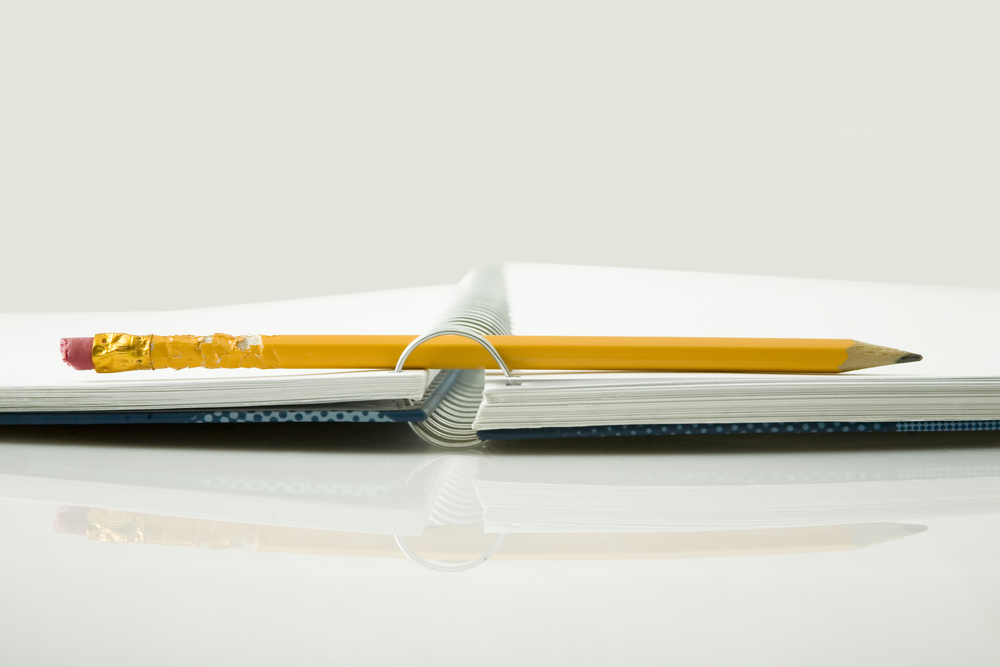
3. Clenching your jaw
Stop now and check where your tongue is resting now. Do you push against your teeth, so you unconsciously clench your jaw (and stress out your teeth in the process?) The ideal “tongue posture” is resting against the roof of your mouth.
4.Having hot food and cold drinks at the same time
We’re guilty of this, too! There’s something very satisfying about having a steaming bowl of soup and an ice-cold drink, but you’re basically putting your teeth through a roller coaster of temperatures. While this won’t automatically destroy teeth, it can make it more sensitive. Wait for food to cool down first, or finish your food before drinking something very cold.
5. Your favorite drink
Coffee and tea can stain your teeth. Wine, sodas and sports drinks contain acids that can weaken enamel. “In fact, wine tasters and sommeliers are known to have incredibly eroded teeth because of the high levels of acidity in wine,” says dental surgeon Anna Jokowitz.
Tea is equally unkind to your teeth. The tannic acid sticks to plaque and causes teeth to look yellow. It actually causes more stains than coffee!
So, does that mean you can’t drink anything except water? Not necessarily. Eating cheese with wine can help neutralize the acid. And if you’re drinking coffee or tea, drink water to help rinse out your mouth. Ideally, brush your teeth soon after (it will also help prevent coffee breath).
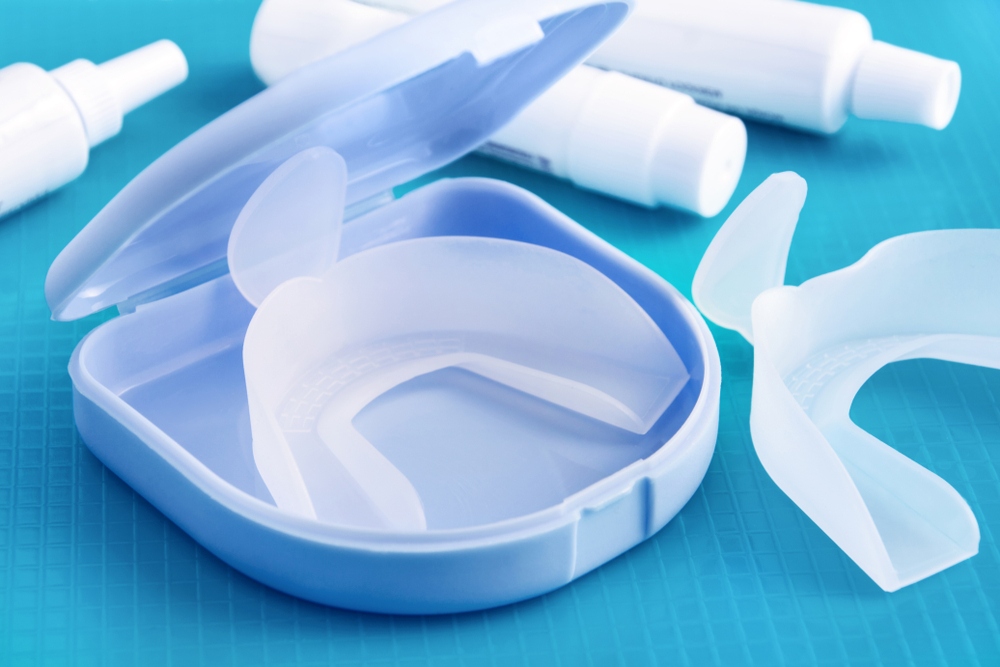
6. Over-bleaching your teeth
While it’s safe to use whitening toothpastes everyday, at-home bleaching kits or whitening strips contain higher concentrations of ingredients that can thin out teeth enamel. Even DIY remedies like rubbing baking soda or lemon juice can damage your teeth!
So what’s the safe way to remove stains? Test the product first, and don’t use it all the time. If you have deep stains or yellowing, go to a dentist instead of trying to fix it at home.
7. Using a very hard toothbrush
Very rough, stiff bristles can damage gums and cause too much abrasion. Choose soft or medium bristles, especially if you’re using a spinning electric toothbrush. And avoid putting too much force — you don’t have to scrub your teeth like a bathroom floor!
8. Brushing immediately after a meal
Wait… what? Isn’t brushing after meal supposed to be good for teeth? Well, yes, but New York dentist SandraEleczko says it’s best to wait at least 30 minutes after a meal. When you chew, the food and our saliva releases acids. These cause teeth to temporarily demineralize. Wait half an hour for the teeth to re-mineralize, so the chemicals in the toothpaste won’t damage enamel.



